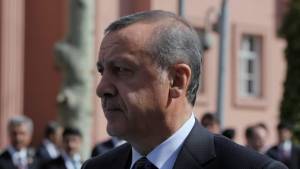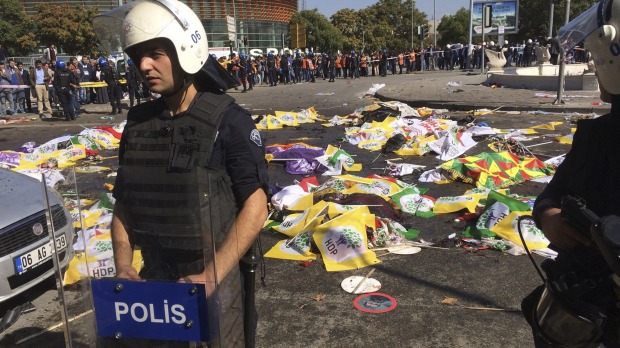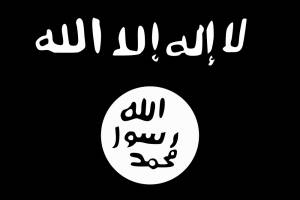A deadly explosion in Ankara was the latest in a number of Islamic terror attacks in Turkey over the past year and the second since the start of 2016.
A car bomb exploded near vehicles carrying military personnel in the Turkish capital on Wednesday, killing at least 18 people and wounding some 45 others, officials said.
The explosion occurred during evening rush hour in the heart of Ankara, in an area close to where military headquarters and parliament are located. Buses carrying military personnel were attacked while waiting at traffic lights at an intersection, the Turkish military said, while condemning the “contemptible and dastardly” attack.
Ankara governor Mehmet Kiliclar said authorities believe that the explosion was caused by a “bomb-laden vehicle.”
News reports said some cars caught fire and dozens of ambulances were sent to the scene. Dark smoke could be seen billowing from a distance. At least four of the injured were military personnel, private NTV television reported.
It was not clear who was behind the bombing. The Islamic State ISIS) and other terrorist groups have carried out attacks in the country recently.
In October, suicide bombings blamed on ISIS targeted a peace rally outside the main train station in Ankara, killing 102 people in Turkey’s deadliest attack in years.

Turkish Prime Minister Recep Tayyip Erdogan (AP)
Wednesday’s attack comes at a tense time when the Turkish government is facing an array of challenges. A fragile peace process with the Kurdish rebels collapsed in the summer. Turkish security forces have been engaged in large-scale operations against Kurdish militants in the southeast since December, imposing controversial curfews in flashpoint areas, and the fighting has displaced tens of thousands of civilians.
Turkey has also been helping efforts led by the United States to combat the Islamic State in neighboring Syria, and has faced several deadly bombings over the past year that were blamed on ISIS.
The Syrian civil war, meanwhile, is raging along Turkey’s southern border. Recent airstrikes by Russian and Syrian forces have prompted tens of thousands of Syrian refugees to flee to Turkey’s border. Turkey so far has refused to let them in, despite being urged to do so by the UN and European nations, but is sending aid to Syrian refugee camps right across the border.
Turkey, which is already home to 2.5-million Syrian refugees, has also been a key focus of European Union efforts to halt the biggest flow of refugees to the Continent since World War II. Hundreds, sometimes thousands, of refugees leave every night from Turkey to cross the sea to Greece in smugglers’ boats.
Israeli and Turkish negotiating teams were set to meet Wednesday in Switzerland, as part of ongoing efforts to reach reestablish ties between the two countries that once enjoyed close diplomatic relations.
After the attack, Turkish Prime Minister Ahmet Davutoglu canceled a visit to Brussels Wednesday evening and attended a security meeting with President Recep Tayyip Erdogan and other officials.
It was the second Islamic terror attack in Turkey since the start of 2016. Last month, 11 German tourists were killed after a suicide bomber affiliated with the ISIS detonated a bomb in Istanbul’s historic Sultanahmet district. More than 30 people were killed in a suicide attack in the town of Suruc, near Turkey’s border with Syria, in July.
By: AP and United with Israel Staff
Sign the Petition to Unite Against Islamic Terror
Petition to the United States and World Powers:
We urge our leaders to reject all supporters of Islamic Terror. Do NOT join forces with Iran, Hamas and other extremists to fight ISIS. Unite with Your Friends - Not with Your Enemies.

